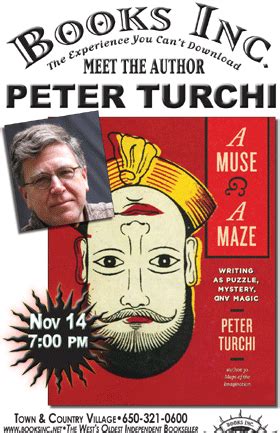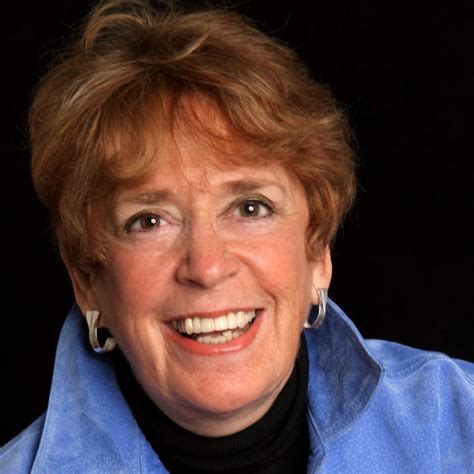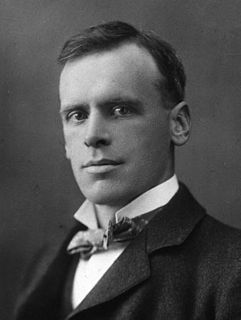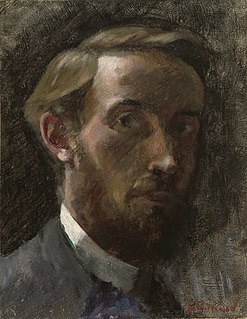A Quote by Saint Augustine
There is another form of temptation, even more fraught with danger. This is the disease of curiosity. It is this which drives us to try and discover the secrets of nature, those secrets which are beyond our understanding, which can avail us nothing and which man should not wish to learn.
Related Quotes
The challenges for the writer included deciding which secrets were most important, how many secrets revealed were too many, which characters should know which information when, and how the revelations would impact the rest of the family. All of those questions eventually lead back to one: What's at the heart of this book? Where does it want to focus, or toward what does it want to lead us?
As with any other great force of nature, there is both glory and danger in the stories we tell ourselves. Some are toxic and keep our problems festering. Others are tonic and bring us beyond the limitations of our previous history. To be in a life of our own definition, we must be able to discover which stories we are following and determine which ones help us grow the most interesting possibilities.
Truly, there are terrible primal arcana of earth which had better be left unknown and unevoked; dread secrets which have nothing to do with man, and which man may learn only in exchange for peace and sanity; cryptic truths which make the knower evermore an alien among his kind, and cause him to walk alone on earth.
Only by following out the injunction of our great predecessor [William Harvey] to search out and study the secrets of Nature by way of experiment, can we hope to attain to a comprehension of 'the wisdom of the body and the understanding of the heart,' and thereby to the mastery of disease and pain, which will enable us to relieve the burden of mankind.
People need to learn how to respond to each other's hatreds with love - which is what Jesus taught us, which is what Buddha came here to teach us, which is what Muhammad taught us, which is what all of the great spiritual masters who have ever walked among us who live at those highest energies taught us - responding to force with more force will just create more problems.
Prayer is not a way to get what we want to happen, like the remote control that comes with the television set. I think that prayer may be less about asking for the things we are attached to than it is about relinquishing our attachments in some way. It can take us beyond fear, which is an attachment, and beyond hope, which is another form of attachment. It can help us remember the nature of the world and the nature of life, not on an intellectual level but in a deep and experiential way. When we pray, we don't change the world, we change ourselves. We change our consciousness.
There is a form of eminence which does not depend on fate; it is an air which sets us apart and seems to prtend great things; it is the value which we unconsciously attach to ourselves; it is the quality which wins us deference of others; more than birth, position, or ability, it gives us ascendance.
What, then is our duty? It is to carefully distinguish the historic moment in which we live and to consciously assign our small energies to a specific battlefield. The more we are in phase with the current which leads the way, the more we aid man in his difficult, uncertain, danger-fraught ascent toward salvation.









































